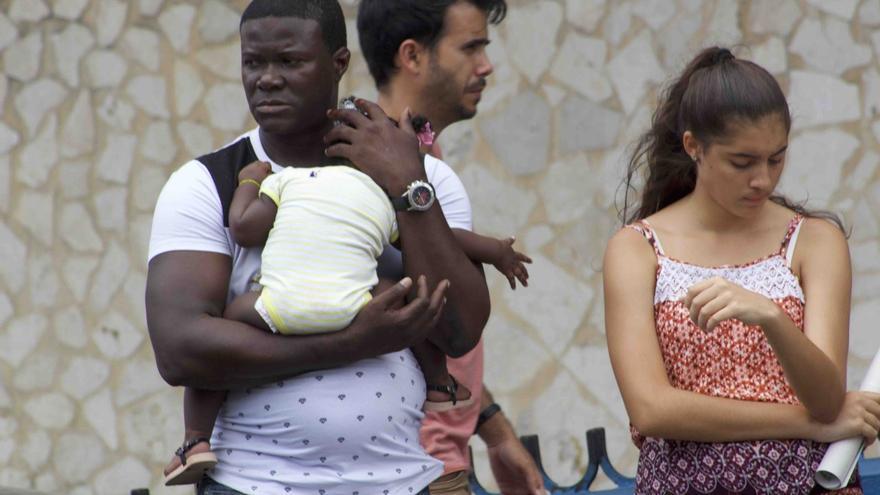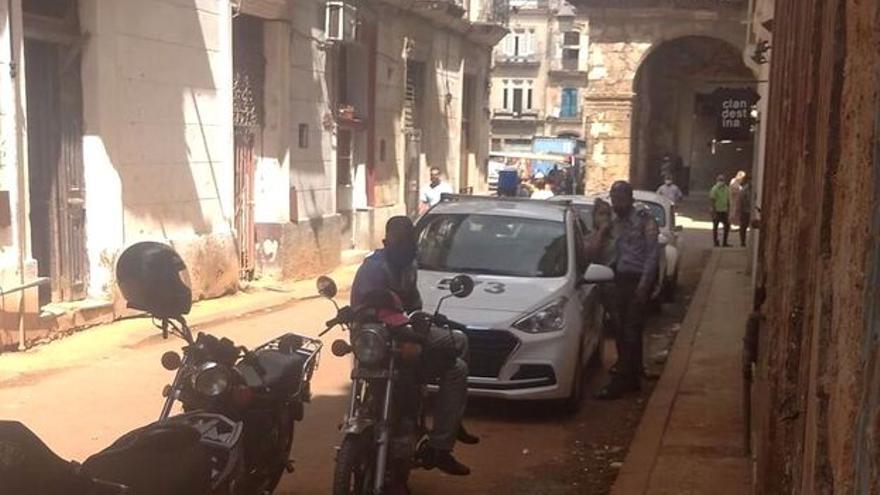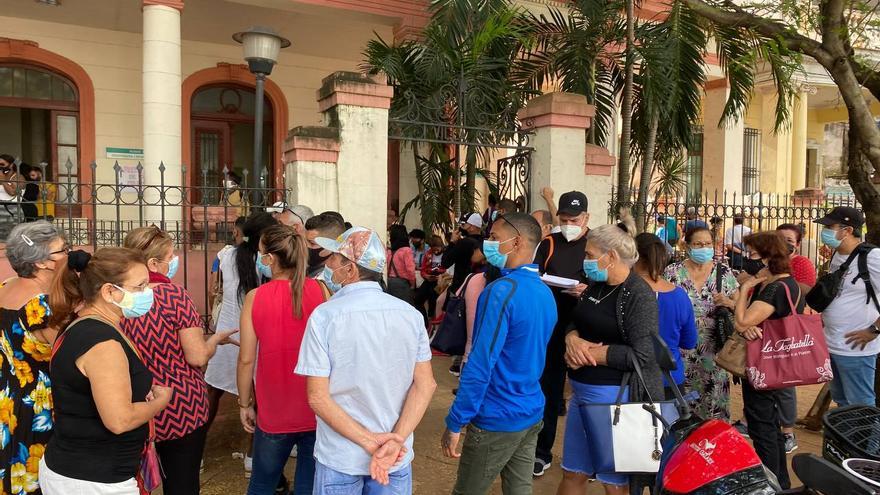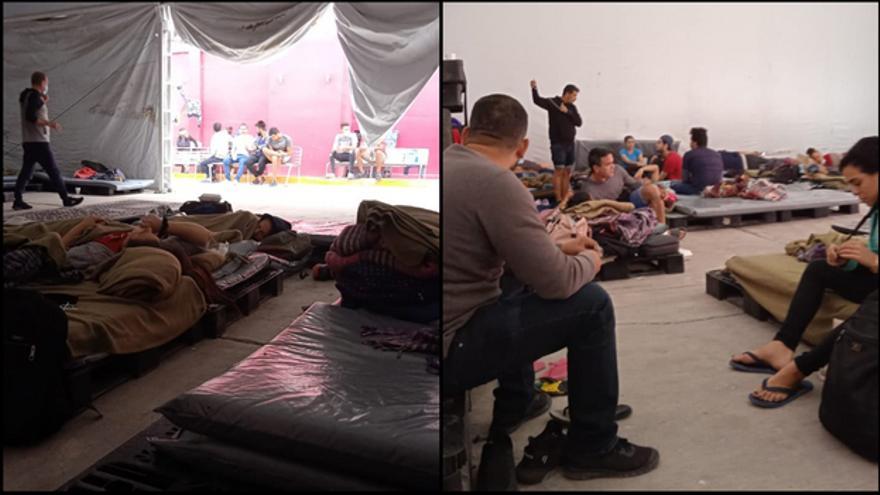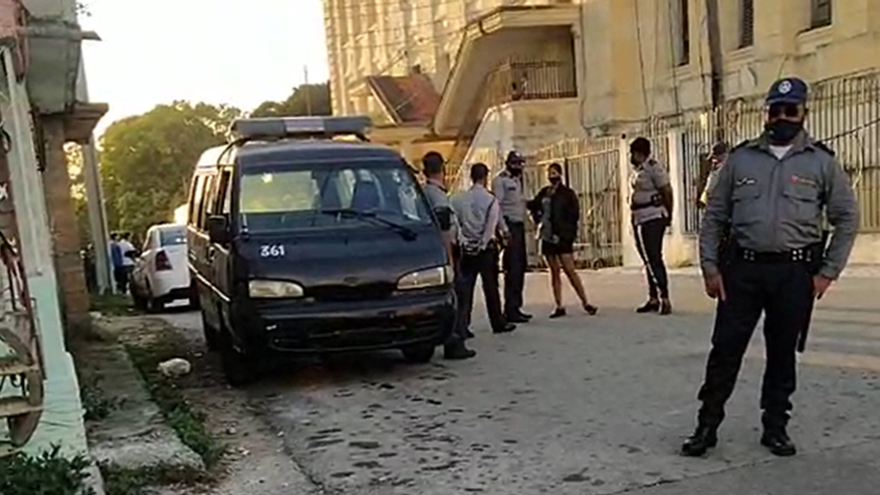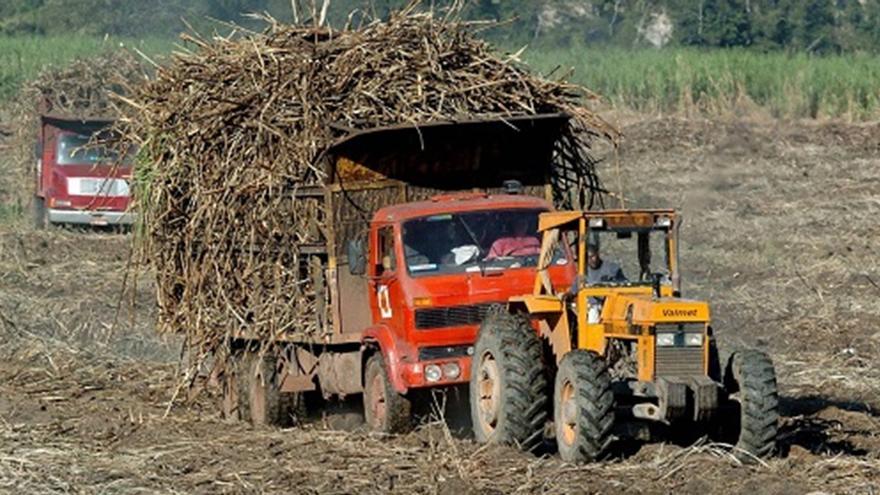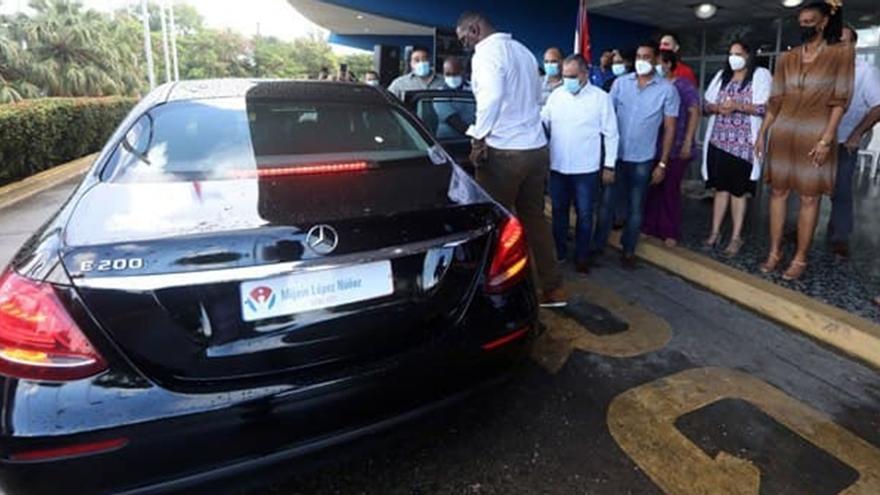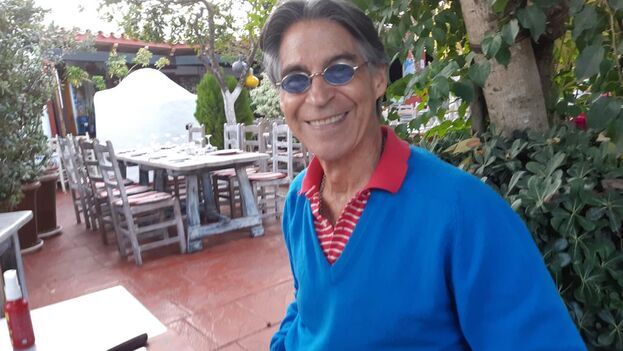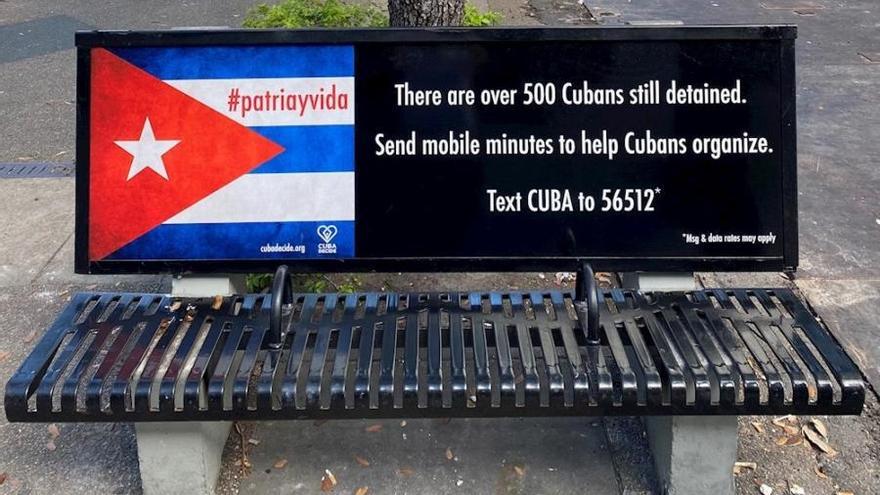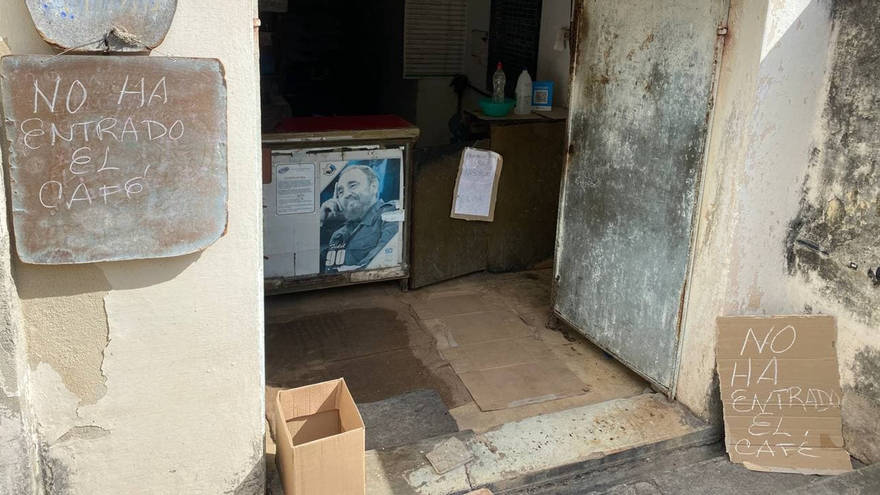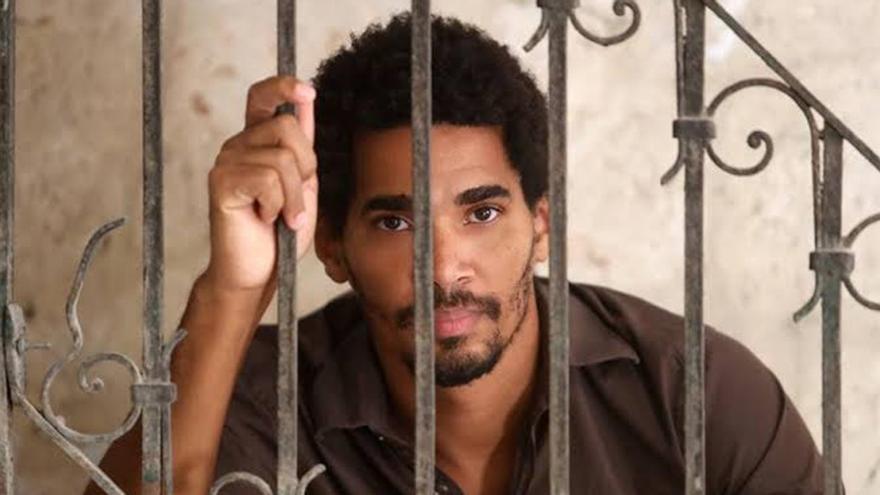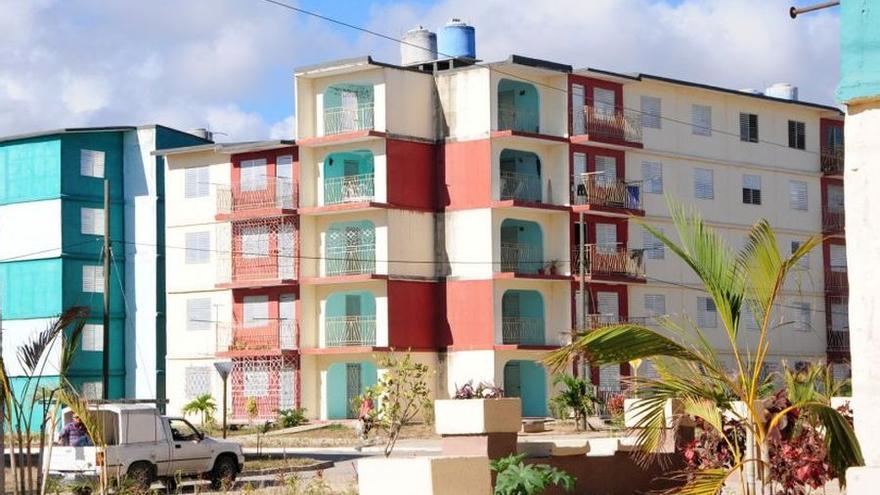
![]() 14ymedio, Havana, 12 January 2022 — The housing built by individuals has exceeded what was agreed in the 2021 plan in Sancti Spíritus, while the State fulfilled just over half of what was agreed. The provincial director of Housing, Néstor Borroto, told the local newspaper Escambray that new housing is ‘saved’ thanks to the push of private efforts and, although he does not give figures on how much expectations are exceeded, the number is assumed to be high.
14ymedio, Havana, 12 January 2022 — The housing built by individuals has exceeded what was agreed in the 2021 plan in Sancti Spíritus, while the State fulfilled just over half of what was agreed. The provincial director of Housing, Néstor Borroto, told the local newspaper Escambray that new housing is ‘saved’ thanks to the push of private efforts and, although he does not give figures on how much expectations are exceeded, the number is assumed to be high.
In February 2021, the plan for the year was announced which added 1,441 new properties to the precarious Sancti Spiritus housing stock. Of these, 993 had to be by private initiative, including 452 basic housing cells (CBH) of about 25 square meters (270 square feet). The remaining 448 would be carried out through state channels.
Borroto now places state homes delivered at 55%, some 246 homes, and 56% of CBHs delivered by the state (253 units). “It is not the same for private initiative housing, which exceeded the agreed figure,” he said, but without detailing by how much.
The article begins by saying that “despite complying with the delivery plan for new works,” the State did not meet its targets, from which it can be deduced that the planned 1,441 could be built thanks private initiative. If the figures provided by officialdom are correct, the state had to build almost a thousand houses, almost double the 541 it actually built.
The official attributes the breaches to the pandemic, which caused a high number of people in the construction sector to be infected, which affected the final result; and to the US sanctions, which are the origin of everything: lack of resources, inability to produce materials and a shortage of fuel with which to transport them. continue reading
Inflation is also mentioned as one of the causes, since, according to the text, “at the beginning of the year there was no budget to defray the expenses of those subsidized with the increase in the prices of construction materials.” But the worst thing is that nothing bodes well for the situation to improve. Borroto explained that the housing plan for 2022 has not yet been established, but since it will have to include what has not been done in 2021, especially with regard to CBH, things get complicated.
The problem has been dragging on for years. According to the data, of the 2,752 CBHs approved from 2012 to date, 141 are still pending and, in addition, there are 508 unbuilt homes for those affected by meteorological events, with Sancti Spíritus being one of the provinces that suffers the most from the effects of climate change, according to the authorities. For this reason, the article indicates that more and more efforts will have to be made if the serious housing problem is to be resolved.
The experts, adds the official newspaper, ask that disused premises be adapted instead of new construction, as an alternative to the large amount of resources that are needed for it. Some 22% of the homes in the state plan were built in this way, saving money, supplies and earthworks.
In addition, they also point out that the lack of materials will continue and ask that construction techniques continue to be used with clay brick and zinc roofing, as opposed to concrete roofing, which would be more scarce. Last November, Vice Prime Minister Ramiro Valdés reproached, in Sancti Spíritus, those who resisted using these materials and more “natural and traditional methods” in favor of newer and more resistant ones.
The official also blamed corruption officials when assigning houses that are concluded without being finished or with poor quality and violations in the granting of subsidies. In addition, it also pointed out that numerous materials were stolen for resale.
“Very often the construction materials do not reach the population, we lack exchange with the people and popular control over these processes; we must pay more attention to the states of opinion of the people, but we cannot allow them to divert [i.e. steal] resources to the places they were not assigned to.”
Many of these thefts end up being produced by the scarcity of materials, which not only does not allow the completion of new works, but also prevents the repairs of faults in existing ones. At the end of February, the director of the Siguaney Cement Company, in Sancti Spíritus, revealed that the Government had given the order to send gray cement to stores that only take payment in freely convertible currency (MLC) instead of exporting it as was done before, so that it was assured that it would stayed in the country. However, the prices in these establishments are unattainable for many Cubans, not to mention those who only have national currency.
____________
COLLABORATE WITH OUR WORK: The 14ymedio team is committed to practicing serious journalism that reflects Cuba’s reality in all its depth. Thank you for joining us on this long journey. We invite you to continue supporting us by becoming a member of 14ymedio now. Together we can continue transforming journalism in Cuba.

